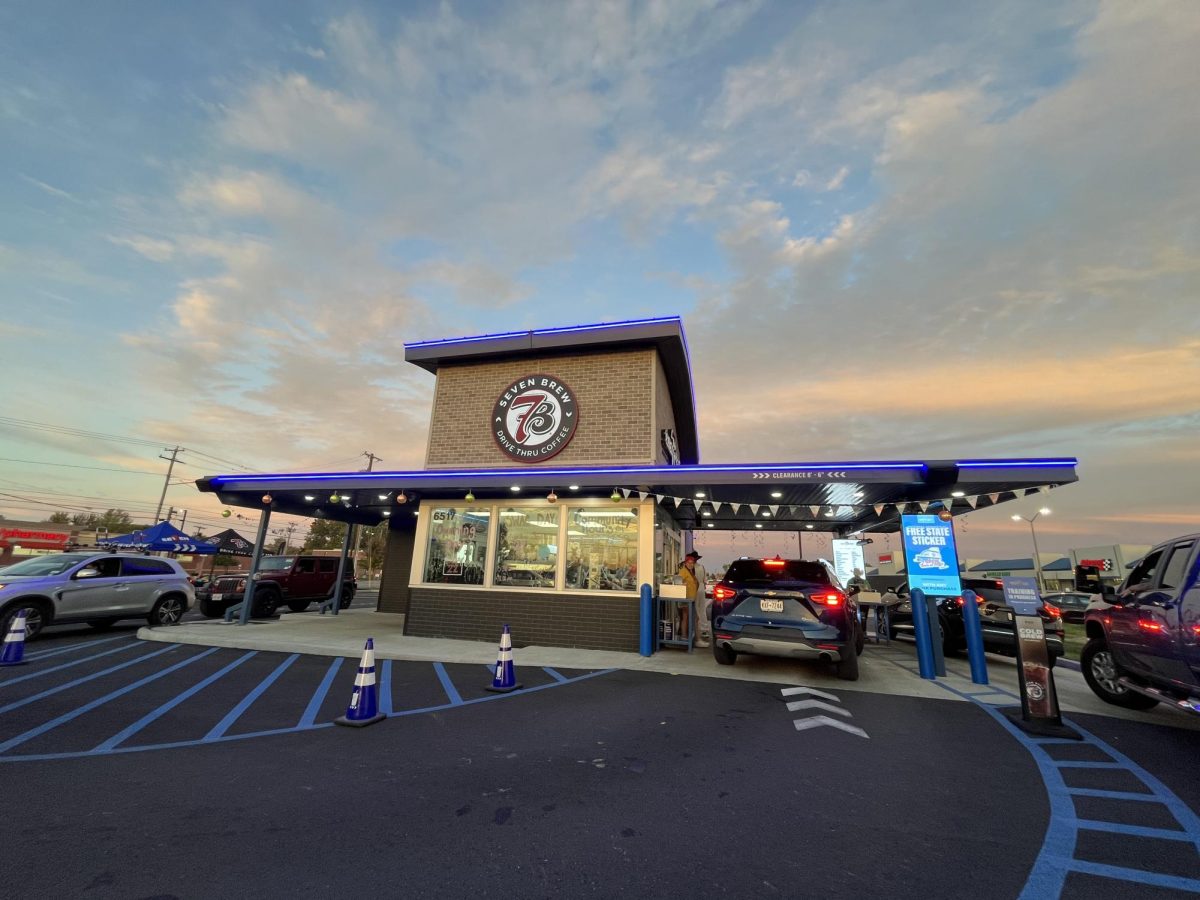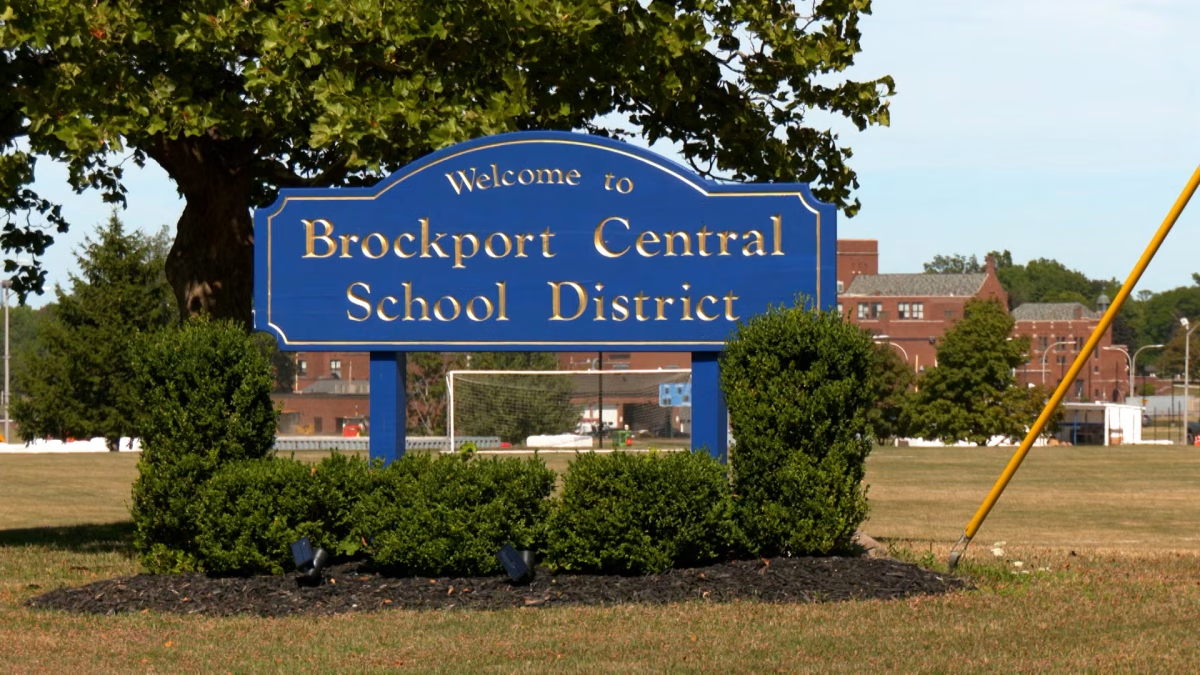By Elisabeth Blair

As you graduate high school, many people will push you to go to college, especially your parents. You don’t know what you want to do but you know you have to choose something. When you graduate college, you suddenly find yourself unemployable without an internship. Yet you can’t get an internship because you don’t have any prior work experience or maybe you can’t afford to work for free. They say you need a Master’s degree to be a better candidate but you hear students with Master’s degrees today are working minimum wage jobs. Other career options are looked down on such as trades. Is college the only way, or is it just an option?
Recent graduate, John Banchs says that his mother is the reason he went to college. She didn’t care what he did, she just wanted him to attend college. After her death in 2012, he put himself through college as a film major. Looking back, he regrets wasting his time and money.
“I was lost. I just wanted to make my mom proud. I chose to be a film major because I love movies but after getting my Associates degree, I knew there would be nothing for me in the workforce. I’ve been working at the same food service job for years, and I’m okay with it now. I just know that I could’ve use that time and money in a better way but that’s hindsight for you,” said Banchs.

This story is all too familiar for many college graduates and the numbers are starting to show for it.
According to the National Student Clearinghouse Research Center, this fall nearly 250,000 fewer students enrolled in college than the year prior. The main reason why students decide against college is the cost and return on investment. Students are getting less and less out of their college experience. Current students, have parents that attended college for a fraction of the cost of education today.

The Gates Foundation conducted a research on how certain aspects of a person’s life can affect the decision to attend college. These factors include, satisfaction with one’s current life situation such as finances, and also having a connection to college such as a family member who has attended. The Gates Foundation highlights what their research shows.
“This audience makes its decisions about education based on value, investment, and opportunity cost. Yes, affordability matters, but return on investment matters more—to these young adults it is not merely about overcoming a financial barrier. In fact, 62% agree that they ‘would be willing to take on college debt if guaranteed a good job after graduation.’ They want to be assured of the results that would make college worth their time and money,” according to the Gates Foundation.

While students may say that it’s impossible to get a job in today’s market, SUNY Brockport’s career advisor, Kathleen Donlin-Smith, says differently.
“Finding a job is not harder right now. However, job seekers have to be smart about where they are looking and know what they want. There are plenty of jobs available, but not all of them will be what benefits the employee the most,” Smith said.
Smith suggests some self-reflection on your skills and values. Only then should you look for jobs that fit what you’re looking for.
“Employers right now are looking for candidates who have relevant experience like internships, study abroad, previous work, and volunteer positions. Many recent college graduates are lacking basic professional and work force skills, so employers want to see that job candidates have worked in a professional environment in some capacity,” Smith said.
While there are a lot of factors as to why people choose higher education or something else. Figuring out your goals is the first step to choosing your career path. Repairing the way society sees higher education will take a lot of effort. While the cost of college may never decrease to affordable levels, offering a variety of options without shame will foster a place where young adults can become better decision-makers of their own future.





















